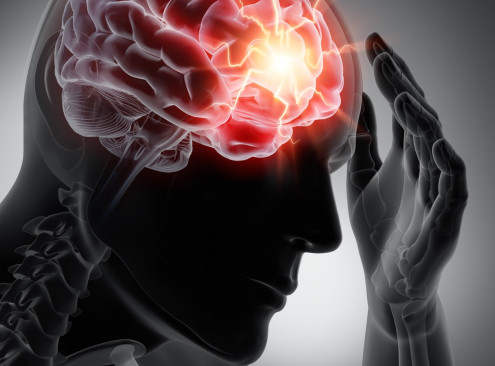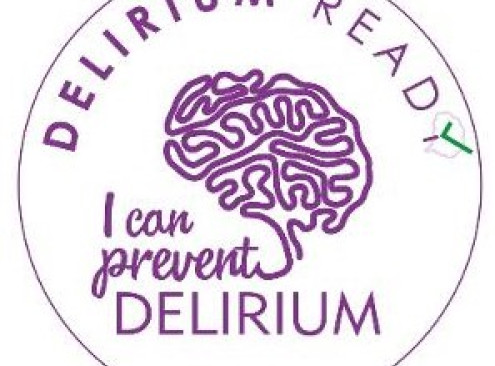© Pint of Science, 2025. All rights reserved.
Our brains can play the master at deception, meaning illnesses can be misdiagnosed and treated improperly. Hear from two researchers based at Teesside University who are conducting research in cognitive illnesses, exploring how they can improve the accurate diagnosis of delirium and functional cognitive disorder.
If you joined us last year, you may remember Dr Kam Ameen-Ali and Dr Ahmad Khundakar from their brilliant 'Brain Matters' talks on dementia. They are returning this year armed with new research into how in some cases, diagnoses of dementia may not be what they first seem...
If you joined us last year, you may remember Dr Kam Ameen-Ali and Dr Ahmad Khundakar from their brilliant 'Brain Matters' talks on dementia. They are returning this year armed with new research into how in some cases, diagnoses of dementia may not be what they first seem...
Mimicking dementia: What is functional cognitive disorder?
Dr Kamar Ameen-Ali
(Senior Lecturer in Biomedical Science)
It’s important that a dementia diagnosis is accurate because it means telling someone they have a progressive condition with no current cure. But sometimes, people may be diagnosed with dementia when they don’t actually have it, and their problems in thinking and memory can be caused by other things. Functional cognitive disorder is one of those conditions which can look like dementia, but it's not caused by a brain disease like Alzheimer’s. So why have most people never heard of it?

A Crisis In Plain Sight: Why Does Delirium Go Unnoticed?
Dr Ahmad Khundakar
(Senior Lecturer)
Delirium is a sudden and serious change in mental abilities, leading to confusion and disorientation. It can develop within hours or days and is often mistaken for dementia. However, unlike dementia, delirium is usually temporary and treatable if recognised in time.
Despite being one of the most common medical emergencies, delirium is frequently overlooked. It affects up to 20% of hospital patients, 50% of those with hip fractures, and 75% of intensive care patients (NICE 2023). Its causes range from infections and medication side effects to surgery and alcohol withdrawal, and it is particularly common in people living with dementia. Yet, delirium often goes undiagnosed, often leading to serious consequences and unnecessary distress for patients and families.
So why is delirium so often missed? And what can we do to raise awareness and improve diagnosis? Dr Ahmad Khundakar will explore these questions and share his personal story of how delirium impacted his own family.
Despite being one of the most common medical emergencies, delirium is frequently overlooked. It affects up to 20% of hospital patients, 50% of those with hip fractures, and 75% of intensive care patients (NICE 2023). Its causes range from infections and medication side effects to surgery and alcohol withdrawal, and it is particularly common in people living with dementia. Yet, delirium often goes undiagnosed, often leading to serious consequences and unnecessary distress for patients and families.
So why is delirium so often missed? And what can we do to raise awareness and improve diagnosis? Dr Ahmad Khundakar will explore these questions and share his personal story of how delirium impacted his own family.

Map data © OpenStreetMap contributors.
Other The Forum Music Centre events
2025-05-19
NextGen Healthcare
The Forum Music Centre
Borough Rd, Darlington, DL1 1SG, United Kingdom
2025-05-21
What Lies Beneath
The Forum Music Centre
Borough Rd, Darlington, DL1 1SG, United Kingdom




